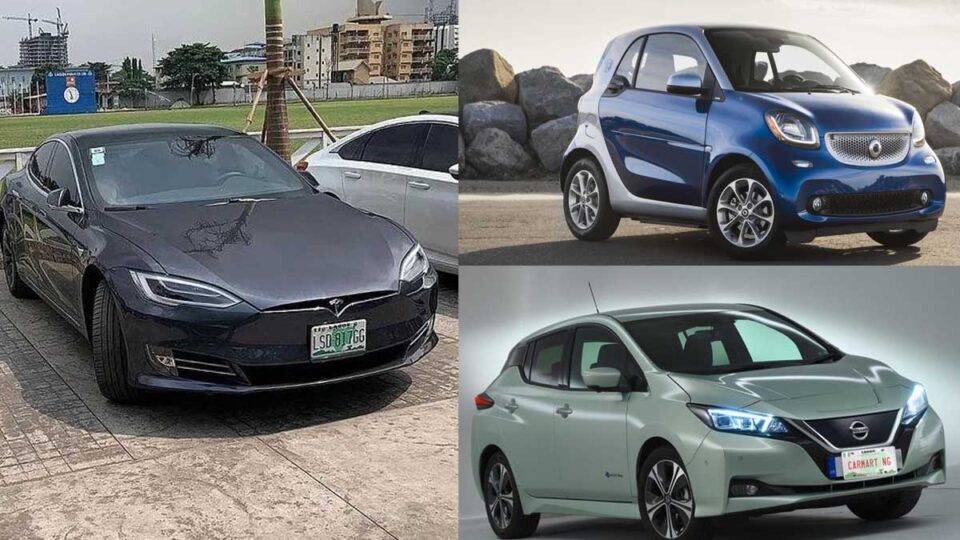The Electric Vehicle (EV) Development Plan in Nigeria is reportedly entering its final stage for ratification and implementation.
The Director-General, National Automotive Design and Development Council (NADDC), Alhaji Jelani Aliyu, made the disclosure at a validation workshop in Abuja, stating that the plan would be adopted and ratified in the coming weeks.
The Plan aims to position Nigeria as a leading country in vehicle electrification and set the goal for achieving net-zero emissions by 2060.
The goal includes a timeframe, specific percentages, and targets that must be met.
To support the adoption of EVs, the Plan mandates federal, state, and local governments, as well as companies with government contracts, to purchase and patronise EVs.
This is driven by the need for cost-effective and sustainable transportation solutions due to the higher costs of petrol and diesel.
Aliyu emphasised the importance of developing indigenous vehicles with local content and intellectual property tailored to Nigeria’s extreme conditions.
The aim, he stressed, is to provide a more cost-effective transportation system for Nigerians.
He equally highlighted Nigeria’s renewable energy and natural resources, such as lithium and petrochemicals, that can power EVs.
He said the NADDC, in collaboration with the private sector, is already working towards deploying charging points along highways and road networks to establish an effective EV ecosystem.
To ensure effective implementation of the Plan, Aliyu recommended that the federal government should pass the 2023 National Automotive Industry Development Plan Bill into law to provide legislative support and attract Foreign Direct Investment (FDI) in the automotive sector.
In addition, Jelani proposed several other measures, including approval of the plan and policy, dedicated funding for a Vehicle Finance Scheme on EVs to enable affordable nationwide purchases, stricter vehicle emission regulations, the establishment of Electric Vehicle Development Fund, and the development of necessary EV charging infrastructure.
Furthermore, Aliyu suggested that the government would enforce compliance through Executive Order 003, which mandates the procurement of locally produced vehicles by government ministries, departments, and agencies (MDAs), as well as private companies working on government contracts.
He also recommended the revamping of public transportation system through a Commercial Vehicle Replacement Programme that includes 30 per cent ratio of electric vehicles by 2024, streamlining ports operations, and providing dedicated corridors for automotive imports and exports.



